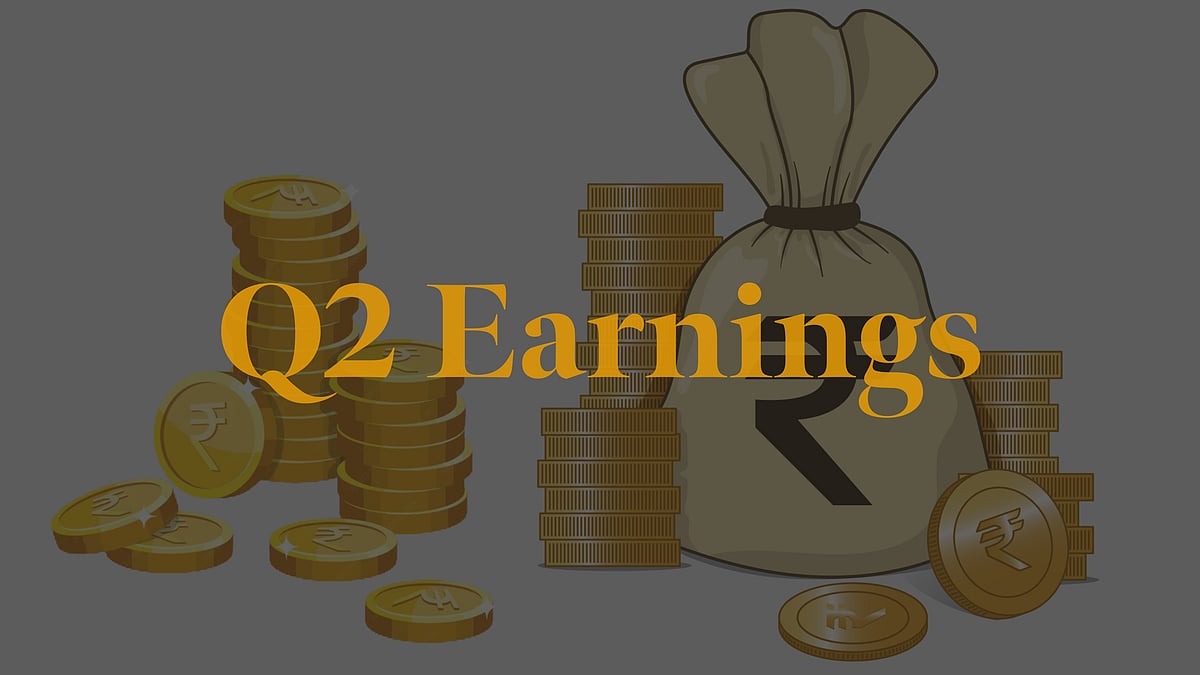In the 2007 hit Shah Rukh Khan movie Chak De! India, women’s hockey coach Kabir Khan has to deal with a bunch of soloists in the team, athletes who refuse to blend in as a team and would rather make single-player runs into the opponent’s side, only to be defeated in their pursuit, because, well, the guys on the other side are smarter. The Americans have a word for this: Heroball, a derogatory term for a style of play where a single player tries to be the team's hero by taking and missing many low percentage shots.
Vivek Ramaswamy, Nikki Haley and Ron DeSantis — three of the leading Republican rivals to former US President Donald Trump in the run-up to the party’s candidature for the 2024 elections – know all about the heroball. They want to do it, it is tempting to do it, and it is easy pickings; but paradoxically, it is precisely for that reason they are afraid of confronting Trump over what is his Achilles’ heel — the insurrection of January 6, 2021 and the resulting legal problems.
In an ideal world, Trump’s attack on American democracy should have been the lowest-hanging fruit for Ramaswamy, Haley and DeSantis to discredit the former occupant of the White House. If the trio has any hope of winning their party’s candidature to challenge Joe Biden in November this year, their biggest hurdle is Trump. This is not an ideal world, though.
Trump’s base has unquestioned support for his January 6 actions as well as his Hitler-like phraseology. Millions of his fans have been brainwashed into believing that Joe Biden cheated Trump of a second presidency, and that the assault on the US Capitol was, in fact, a necessity rather than an aberration.
We have recorded Trump’s vile and violent rhetoric in these pages in the past. He is also so far ahead in the opinion polls that he does not even bother to appear in the televised debates.
This is what Ramaswamy, Haley and DeSantis are afraid of; the heroball that they don’t want to execute, because they know it will result in them losing ground with their base, whose political ideology matches that of Trump’s.
In fact, so scared are they of alienating their base that Ramaswamy has vowed that he will stay off the Maine and Colorado ballots if Trump is not reinstated there. Over the last few weeks, both states have taken the landmark decision of barring Trump for the presidential primary ballot for his alleged role in the January 6 insurrection.
In an interview on right-wing TV network NewsNation Prime on Monday, Ramaswamy said his goal was to “nullify” Maine and Colorado by boycotting their elections. “I think that it was deeply unconstitutional and wrong for one individual secretary of state, without any trial or procedure or anything else, just to decide and wake up one day Donald Trump’s not on the ballot. That’s wrong,” the tech entrepreneur said.
The other two also have chickened out. In fact, they are attacking each other instead of Trump. On January 15, when the Republican race starts in earnest in the state of Iowa, it would seem that they are both angling for the vice-presidency.
Ramaswamy has publicly stated that he is not looking to be Trump’s vice-president. “I’m not a plan B person, Maria,” he told Fox News’ Maria Bartiromo on December 24, when asked if he’d accept a position in a second Trump administration.
He added, “I didn’t get to where I am; I’m 38 years old, I’ve founded multiple multi-billion-dollar companies, we’re blessed with the American dream to be able to self-finance and lift this campaign up. I didn’t get to where I am, and Apoorva (his wife) didn’t get to where she is by being plan B people.”
Trump, meanwhile, wants a partner who can influence America’s swing states in his favour. Of 10 traditional battlegrounds — Arizona, Georgia, Minnesota, Michigan, Nevada, Pennsylvania, Wisconsin, North Carolina, Florida and Ohio — in 2020, Biden won seven, flipping a handful of states.
These states include Arizona, Georgia, Michigan, Pennsylvania, and Wisconsin. All five of these states had governorship elections in the 2022 midterms. Four of them — Arizona, Georgia, Pennsylvania, and Wisconsin — have Senate seats up for election this year as well.
This means that all these places are a toss-up for either party.
Trump’s ballot future actually depends on the American courts, specifically in Maine. Colorado and the US Supreme Court. In a column for CNN, the noted political scientist David Mark wrote: “If the courts allow it (Trump to be on the ballot), the swing states could gain even more influence over who wins the presidency in 2024, since there are a total of 68 electoral votes in those swing states where secretaries of state are elected Democrats or were appointed by a Democratic governor and may be in a position to decide if Trump’s name is kept off ballots.”
He added, “At first glance, it seems unlikely the Supreme Court would actually rule that Trump could be removed from individual state ballots. The 6-3 conservative majority includes three justices appointed by Trump. And more broadly, justices in recent years have been reluctant to jump into election rules disputes, saying that belongs in the realm of elected officials.”
Trump does not really seem much bothered about the developments. For one, if Democrats stop him from being on the ballot, it bolsters his argument. Two, Republican voters, especially Trump followers, do not place “attacks on our democracy” high on their list of moral reasons to vote for a candidate. The four high-profile legal cases against Trump are actually his — pardon the absolutely tacky pun — trump card.
Unless the courts and more states decide against Trump, his rivals may as well give up the race.
Sachin Kalbag, Senior Fellow at The Takshashila Institution, is a former Washington correspondent and editor of national newspapers. Email: sachin@takshashila.org.in. Tweets: @SachinKalbag










